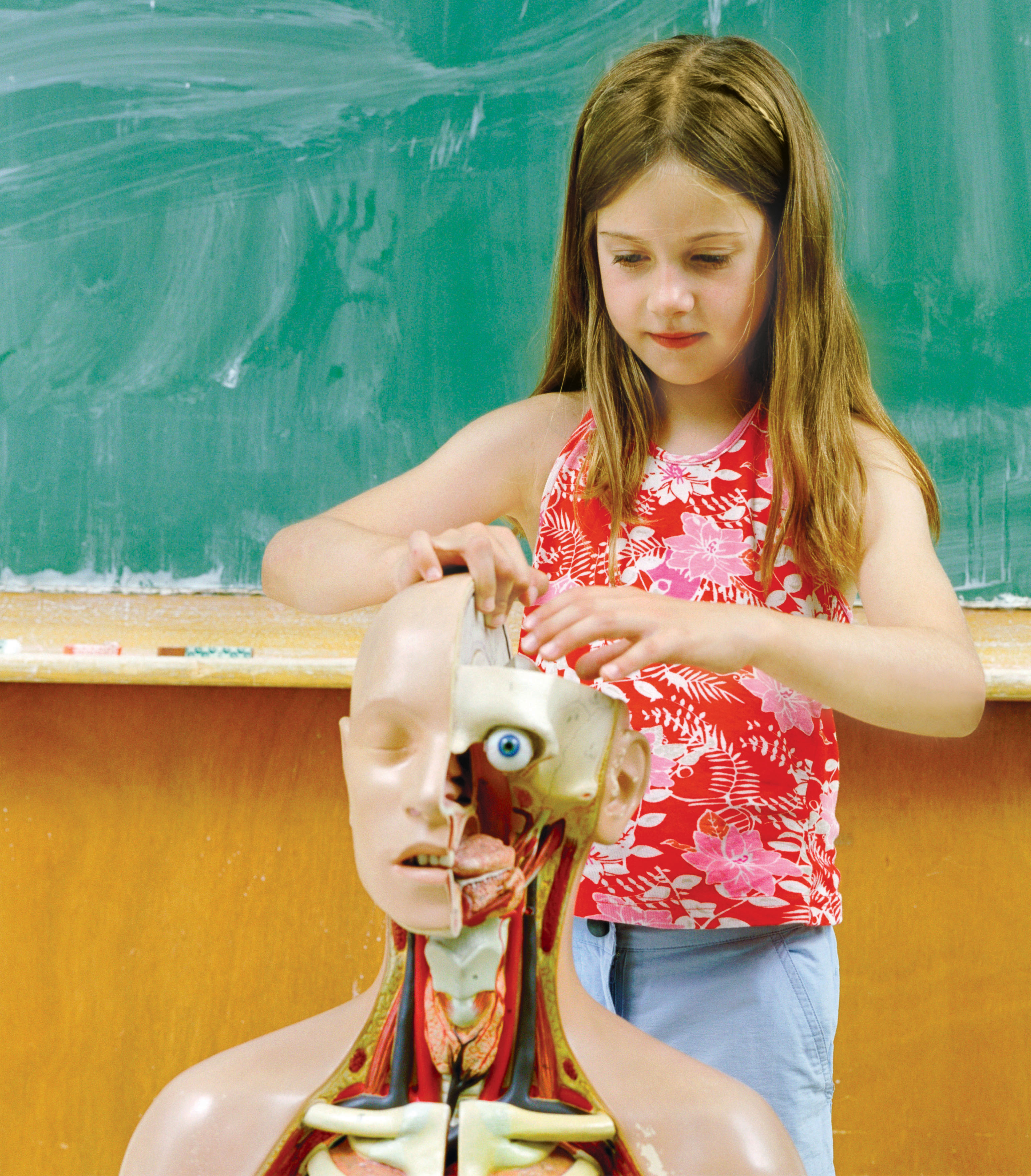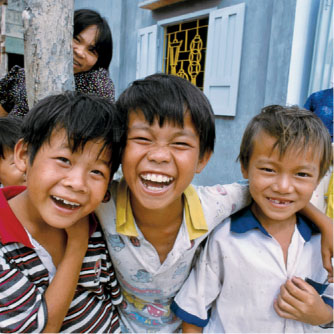Part IVThe Developing Person So Far: Middle Childhood
BIOSOCIAL

A Healthy Time
During middle childhood, children grow more slowly than they did earlier or than they will during adolescence. Physical play is crucial for health and happiness. Genes as well as immunization protect them against contagious diseases, and medical awareness and care have improved over the past decades.
Obesity and asthma, have genetic roots and psychosocial consequences.
Brain Development
Brain maturation continues, leading to faster reactions and better self-
Children with Special Needs
Many children have special learning needs. Early recognition, targeted education, and psychological support can help them.
COGNITIVE

Building on Theory
Beginning at about age 7, Piaget noted, children attain concrete operational thought, including the ability to understand the logical principles of classification and transitive inference. Vygotsky emphasized that children become more open to learning from mentors, both teachers and peers. Information-
Language
Children’s increasing ability to understand the structures and possibilities of language enables them to extend the range of their cognitive powers and to become more analytical and expressive in vocabulary. Children have the cognitive capacity to become bilingual and bicultural, although much depends on the teacher.
Teaching and Learning
International comparisons reveal marked variations in the overt and hidden curriculums, as well as in learning, between one nation and another. In recent years, traditional educational approaches have been pitted against a more holistic approach to learning.
PSYCHOSOCIAL

The Nature of the Child
Theorists agree that many school-
Families and Children
Parents continue to influence children, especially as they exacerbate or buffer problems in school and the community. During these years, families need to meet basic needs, encourage learning, foster self-
The Peer Group
Children depend less on their parents and more on friends for help, loyalty, and sharing of mutual interests. Rejection and bullying become serious problems.
Children’s Moral Values
Moral development, influenced by peers, advances during these years. Children develop moral standards that they try to follow, although these may differ from the moral standards of adults.